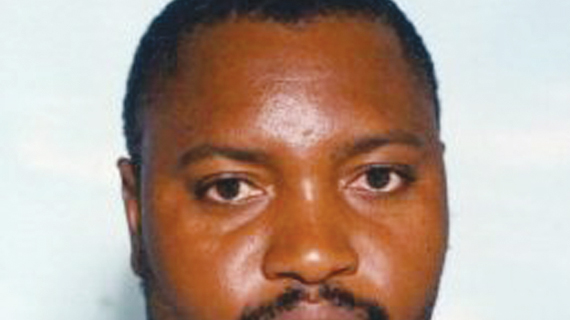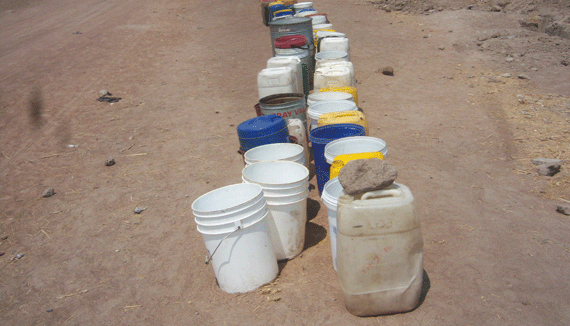
AS the government of national unity train slowly but surely grinds to the end of its useless life, general elections have to be held to choose a party to take Zimbabwe to the next political level.
By Masola Wa Dabudabu
In Zimbabwe, election time has been known to be a time for the gnashing of teeth for perceived enemies of the ruling elite.
Zimbabwe’s history of electoral violence and intimidation can be traced back to the first elections that ushered our independence. In 1980, the war machinery from the liberation era was used to instil fear in people.
Those who experienced the retributive actions of the freedom fighters may testify on the extent of fear that transcended communities.
The period leading to the 1985 general elections was preceded by several events including the “dissident scourge”, the Gukurahundi massacres, the killer curfews and the reign of terror by Zanu PF agent provocateurs such as the likes of Mark Dube, Callistus Ndlovu and Enos Nkala to name but a few.
Beitbridge, Gwanda, Esigodini, Figtree and Plumtree silently fell to the hands of Zanu PF. Populations in those areas were clobbered into submission as they were forced to buy Zanu PF membership cards.
The then Prime Minister Robert Mugabe visited the “conquered” areas to literally put the icing on the cake on his miraculously expanding support base in areas he had never dreamt of commanding support before. What he told villagers who were writhing in pain due to sore bums and broken ribs in Nkayi, was painfully devilish.
- Chamisa under fire over US$120K donation
- Mavhunga puts DeMbare into Chibuku quarterfinals
- Pension funds bet on Cabora Bassa oilfields
- Councils defy govt fire tender directive
Keep Reading
He told the disinterested multitudes of force-matched villagers: “If you vote for Zanu PF, I shall come back to thank you. If you don’t vote for my party, I will still come back to ask you where you are.”
In Bulawayo, people were taken from their homes in the cover of darkness. Most of those who were abducted disappeared forever while those who came back were too scared to tell the tale.
While all this violence was being meted out on the people of the south, the majority of the people of the north could not care less.
The international community stayed mum and maintained cosy relations with Mugabe.
He dined and wined in Western capitals and was conferred honours wherever his jet-setting trend took him.
The 1990 and 1995 general elections and the 1996 presidential elections were non-events due to the Unity Accord forged between Zanu PF and PF Zapu.
With no formidable opposition, Zanu PF could not trade any electoral violence to anyone. The opposition parties were so insignificant and stood no realistic chance of beheading Zanu PF’s hegemony.
In 2000, Zanu PF moved into excitable mode when the results of the referendum on the Constitution revealed the credibility of the opposition. Hondo yeminda was born and this riled the West.
Once Zanu PF realised the potency of the opposition, Jonathan Moyo was drafted into the election machinery after his acerbic speeches decrying the “No” vote during the referendum.
An opportunity for Zanu PF to show their true electoral colours came when the Bikita West parliamentary seat became vacant after the death of the MDC incumbent.
The whole Zanu PF election machinery descended on the poor rural constituency as if their existence depended on the outcome of the poll.
The people of Bikita West saw what terror meant and indeed Zanu PF reaped positive results as they wrestled the seat from the inexperienced MDC.
The 2002 presidential elections saw some violence. Condemnation was universal. It was apparent that the West only voiced concern because their relationship with Mugabe was irretrievable after their interests had been tempered with during land seizures.
The 2005 parliamentary elections provided another predicament for the people. They got the bitter end of the stick. The season of the witch was yet to come.
The year 2008 was recorded as the worst year ever in terms of electoral violence. Zanu PF managed to mobilise its hit squads. The acts of the hoodlums seemed to be hellbent on redefining the terms torture and violence. Some people had never seen that type of violence.
With fresh harmonised elections looming, Zimbabweans should brace themselves for violence from those who routinely threaten to go back to war should they lose. Masola wa Dabudabu is a social commentator writing in his capacity










